Health Care in Campaigns; Respiratory Illness From Vaping; Drug Importation Politics
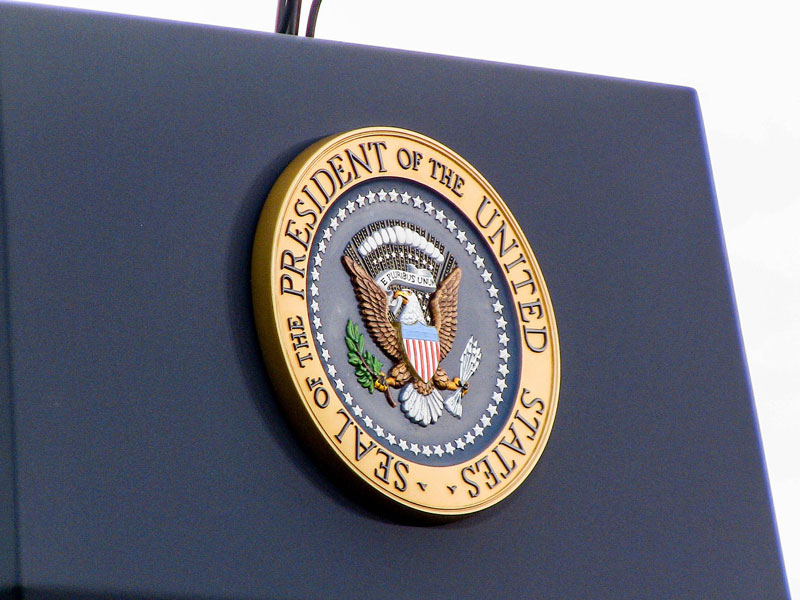
Chicago ONS Chapter member Janice Phillips, RN, CENP, PhD, FAAN, said it all in her op-ed published on Morning Consult. The entire Democratic field of presidential candidates has declared some form of healthcare overhaul, albeit to varying degrees of change. With expanded access and reduced costs for patients and families as a priority, the centerpiece to most presidential hopefuls’ domestic policy program is redesigning a struggling system.
- Read more about Health Care in Campaigns; Respiratory Illness From Vaping; Drug Importation Politics
- Add new comment
Oncology Formulations Not Affected by Bevacizumab Recall
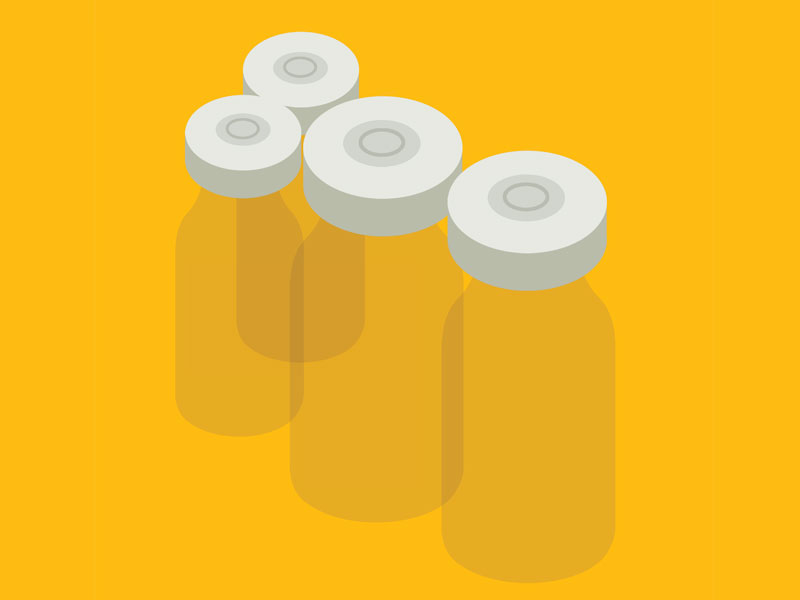
On September 3, 2019, AmEx Pharmacy issued a voluntary recall of two dosages of injectable bevacizumab. Although injectable bevacizumab is used in cancer treatment, the formulations affected by the recall are for much smaller dosages that are used to treat eye diseases (i.e., macular degeneration and diabetic retinopathy).
Isolation Hinders Care in Rural Appalachia

Found along the expansive Appalachian mountain range in the Eastern United States, Appalachia is legally recognized as an economically disadvantaged area that’s home to a unique population of patients requiring special considerations.
Azar Remarks on Trump Administration’s Healthcare Vision
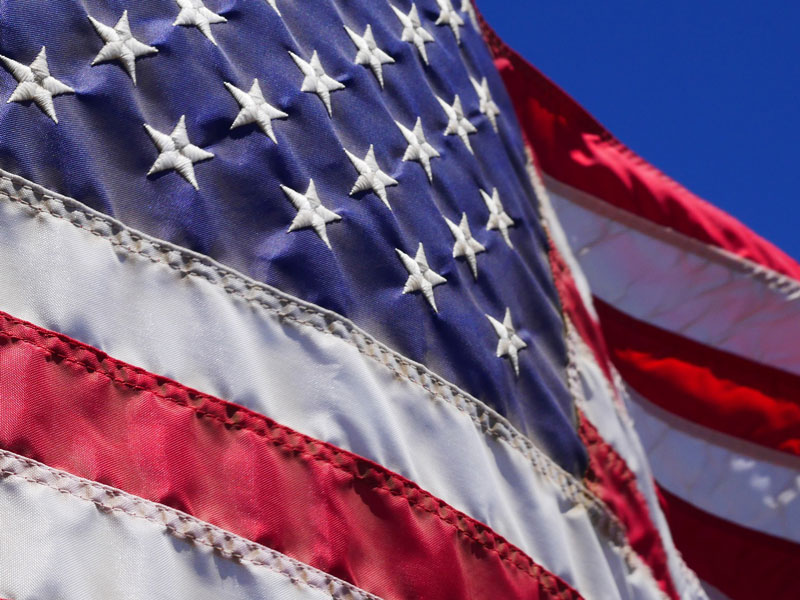
Health care is a top domestic issue for U.S. voters, and the president is speaking more and more about his administration’s plans to find accessible, affordable healthcare options for millions of Americans. Speaking this summer at the Better Medicare Alliance in Washington, DC, Department of Health and Human Services Secretary Alex Azar outlined three key points where the Trump administration plans to improve health care.
Cancer Prevention Starts in Childhood
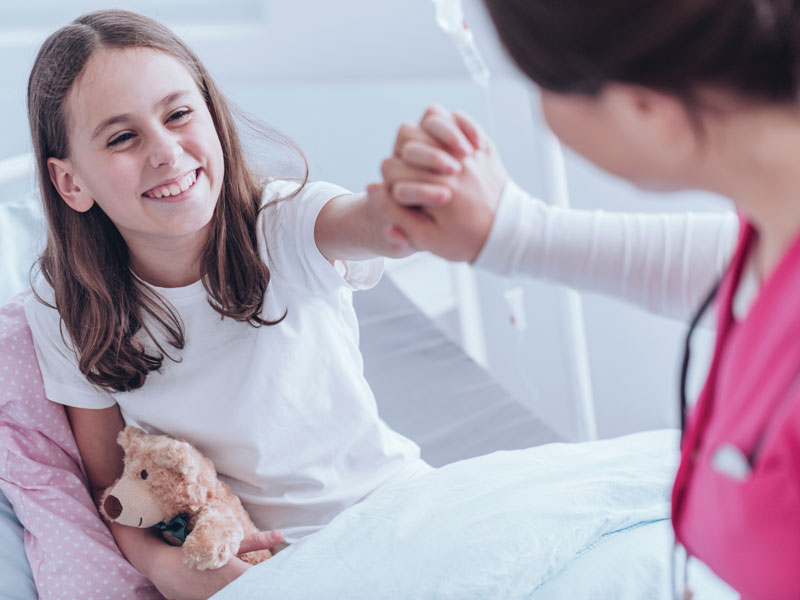
The cancer prevention conversation is tricky for providers to navigate. Not surprisingly, people want to do everything it their power to prevent cancer. But sometimes conversations involve uncomfortable elements of health care—like sex or sexually transmitted diseases—that can quickly derail the discussion. Despite this, the human papillomavirus (HPV) vaccine is one case where prevention efforts have a led to huge increases in participation, especially among children. Following that thread, the Centers for Disease Control and Prevention (CDC) have committed to spearheading the cancer prevention conversation by encouraging people to discuss cancer prevention early in their children’s lives.
Melanoma Death Rates Are Falling Fast, Thanks to Immunotherapy

Two-year survival rates for patients with advanced melanoma increased quickly after the introduction of ipilimumab in 2011, according to an analysis published the journal Cancer.
USP <800> Brings Change, Collaboration to Pharmacy and Nursing
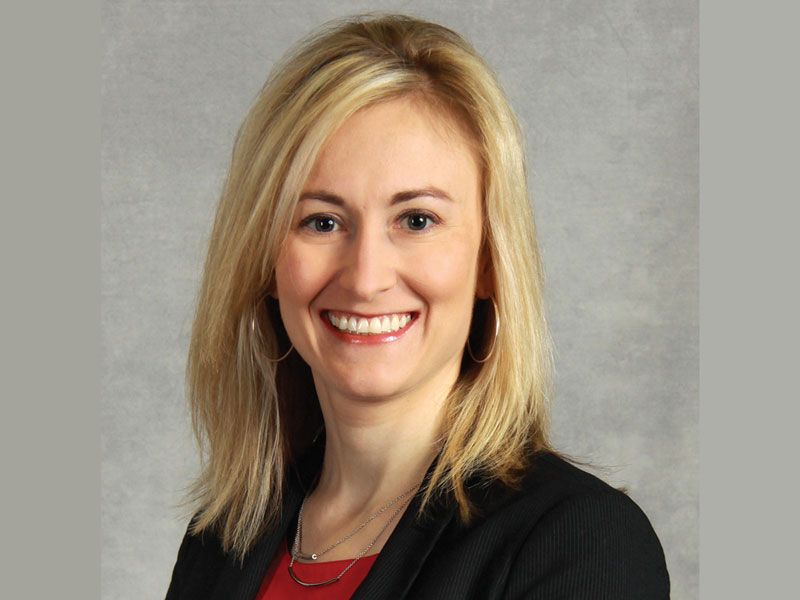
U.S. Pharmacopeia (USP) chapter <800> provides safety measures for all healthcare workers in any setting where hazardous drugs (HDs) are used in the health system. For situations from the initial delivery of the drug to the institution through administration and disposal, USP <800> provides a vast number of safety measures intended to minimize risk and potential exposure to HDs. To meet the new requirements, medical institutions and pharmacies have had to make significant changes in various systems.
Handle With Care: How USP <800> Will Affect Nursing Practice
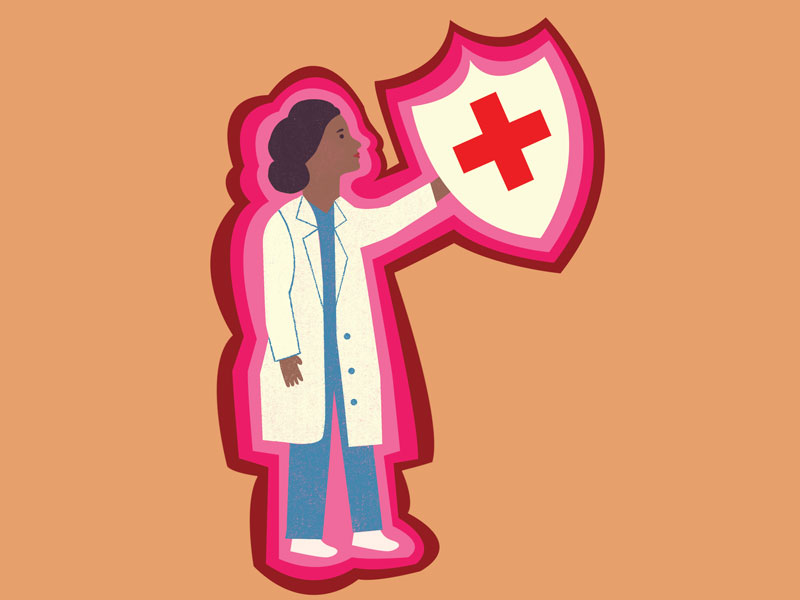
Police officers wear body armor and construction workers wear hard hats. Why? Because these professions carry inherent dangers in the line of duty—and oncology nursing does too. Statistically, healthcare workers face more workplace-related dangers than both law enforcement and construction, yet attention to safety and personal protection isn’t always a central focus. This can be especially true in cancer care, where nurses are required to administer hazardous drugs (HDs) and handle dangerous medications on a daily basis. Although safety recommendations exist, few enforceable standards are protecting nurses handling HDs.
HHS Awards Nearly $400 Million to Combat Opioid Crisis
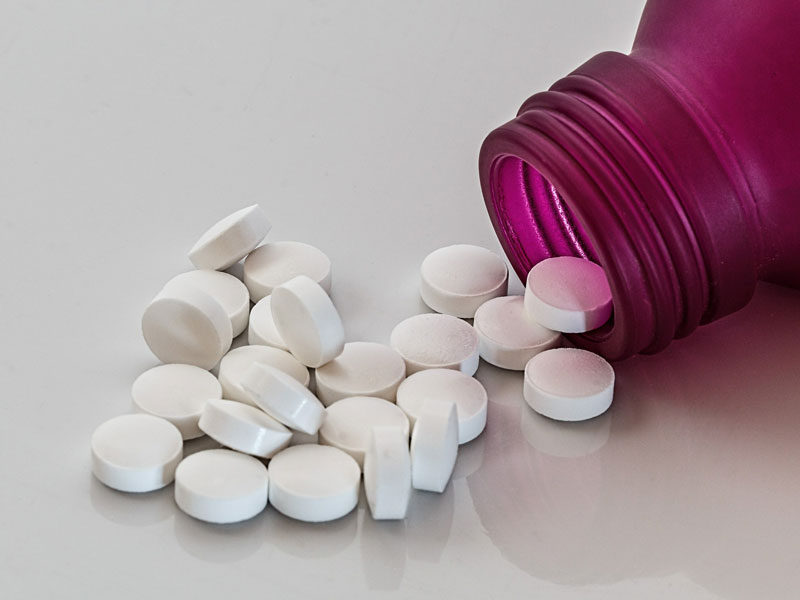
From New Hampshire to Arizona, millions of American families are confronted by the impact of opioid addiction. It’s one of the few remaining bipartisan issues on which the U.S. Congress continues to agree. Its reach is pervasive, it’s an international and domestic issue, and it has led politicians to cross the aisle and work together. Finding initiatives and funding programs to enact real solutions has become a national priority, and the Department of Health and Human Services (HHS) is earmarking nearly $400 million to fight the ongoing opioid epidemic.
HOPA and ONS Collaborate on Safe Handling Guidelines Consistent With National Recommendations
The Hematology/Oncology Pharmacy Association (HOPA) and Oncology Nursing Society (ONS) have partnered to develop a joint position statement in advance of an upcoming compliance deadline for U.S. Pharmacopeia Chapter 800 (USP <800>).





